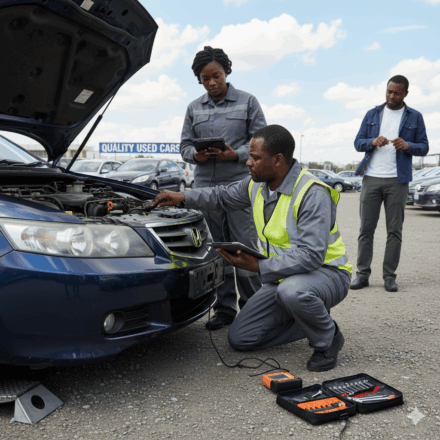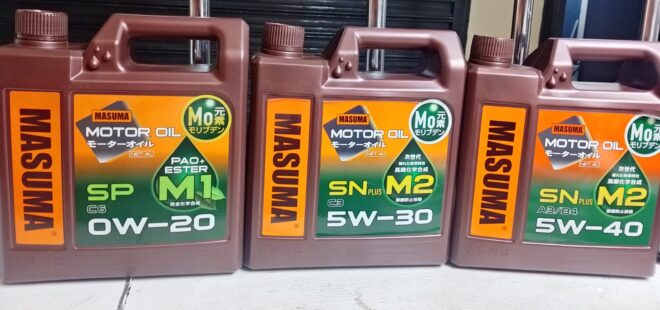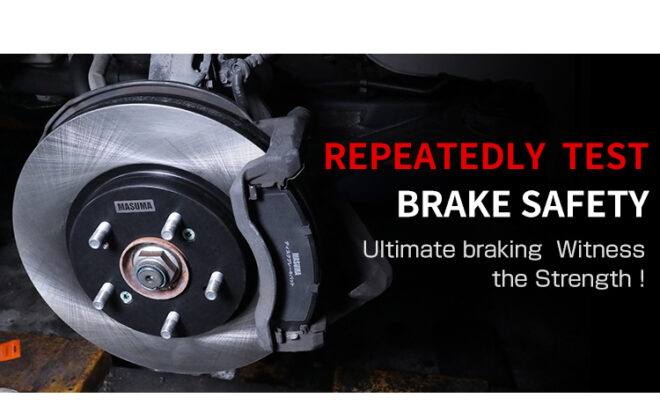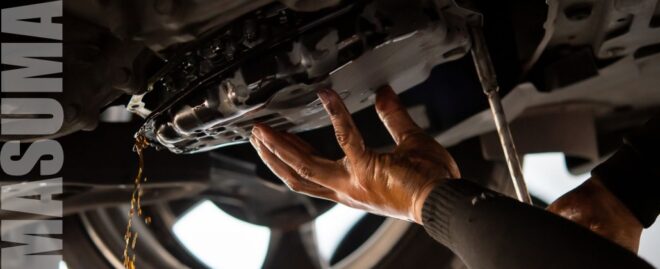Once upon a time, all you needed to fix your car was a wrench, a bit of elbow grease, and a friendly neighborhood mechanic named Otis. Today? Your vehicle might argue with you. Literally.
From EVs that talk to your smartphone to cars that refuse to start without the right sensor handshake—welcome to 21st-century motoring, where artificial intelligence, electric powertrains, and a forest of sensors have joined the ride.
Yet, despite all the tech, one thing hasn’t changed: Cars still break down. And they still need good people—skilled mechanics, technicians, and automotive engineers—to bring them back to life.
Smart Cars, Smarter Repairs
Electric Vehicles (EVs), hybrids, and modern petrol cars are jam-packed with technology:
-
Sensors track everything from tire pressure to your coffee consumption.
-
Advanced Driver Assistance Systems (ADAS) like lane-keep assist and adaptive cruise control rely on precise calibration and diagnostics.
-
Computerized diagnostics mean you no longer just “listen to the engine”—you scan the ECU for fault codes.
-
And don’t forget battery management systems, regenerative braking, over-the-air software updates… the list goes on.
This isn’t your grandfather’s carburetor anymore.
But while the machines have evolved, the people who fix them have stepped up too. The best mechanics today are part grease monkey, part software wizard—and they deserve some serious respect.
Good Mechanics Still Rule the Road
In a world where you can update your vehicle like a smartphone, it’s tempting to think traditional automotive repair is fading. It’s not. In fact, it’s more essential than ever.
Here’s why:
-
Even the smartest cars can’t fix themselves (yet).
-
Not every workshop is equipped to handle EVs or sensor-heavy diagnostics.
-
Real-world knowledge—built on hands-on experience—is irreplaceable.
Whether it’s resetting an adaptive cruise system, diagnosing a mysterious EV battery issue, or aligning radars after a fender bender, the modern mechanic is a superhero in overalls.
So let’s give a big thumbs up to those competitive, continuously learning mechanics and techies who keep us moving. You’re not just fixing cars—you’re preserving freedom, mobility, and livelihoods.
How to Spot a Mechanic Who’s Not Keeping Up
Not all workshops have embraced the smart revolution. Here are a few red flags:
-
They say, “These new cars are too complicated”—and shrug.
-
They lack basic diagnostic tools (like an OBD-II scanner).
-
They can’t explain what sensors are telling them.
-
They avoid EVs like they’re radioactive.
If your mechanic looks puzzled when you mention a CAN bus, OBD codes, or battery calibration, it’s probably time to shop around.
Simple Strategy: How to Choose the Right Mechanic in 2025
Here’s an easy three-step plan to make sure your car—and your wallet—are in good hands:
1. Go digital first
Search online. Look at Google reviews. Find workshops that mention EVs, diagnostics, or modern certifications. Bonus points if they use social media to show off their work.
2. Ask smart questions
-
“Do you handle vehicles with sensors and ECUs?”
-
“Can you scan OBD codes and work on hybrids?”
-
“Do you have experience with EV servicing?”
A good mechanic won’t just say “yes”—they’ll explain how.
3. Look for professionalism
Clean shop. Clear quotes. Respectful, honest communication. If they take time to educate you, not just bill you—they’re a keeper.
The Future Is Bright (And Electric)
The cars are smarter. The tech is more complex. But at the heart of it all are people—skilled technicians, certified engineers, and honest garage owners—keeping wheels turning and dreams alive.
So the next time your EV throws a software tantrum, or your ADAS system needs a recalibration, don’t panic.
Just find the right hands.
Because motoring may be changing, but good mechanics will always be in demand.
To all the pros getting their hands dirty in a digital world—we salute you.
#SupportYourLocalMechanic | #SmartCarCare | #ModernMotoring




